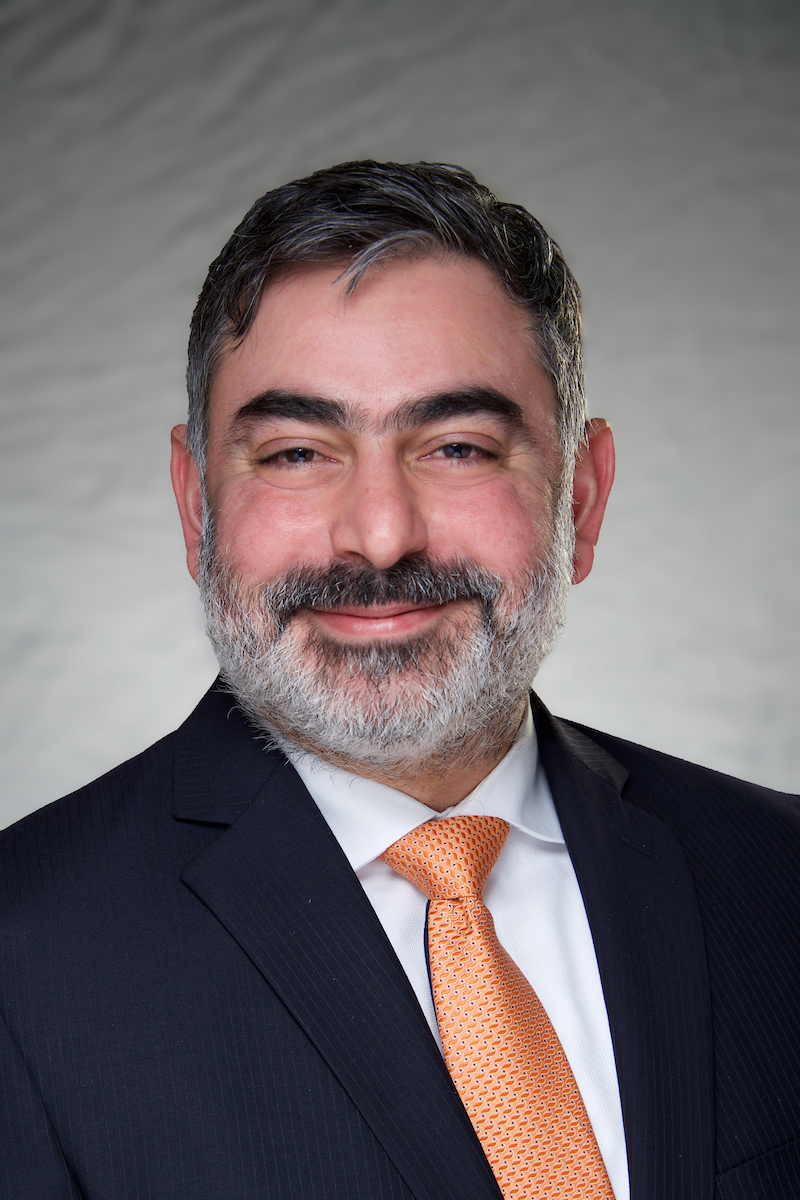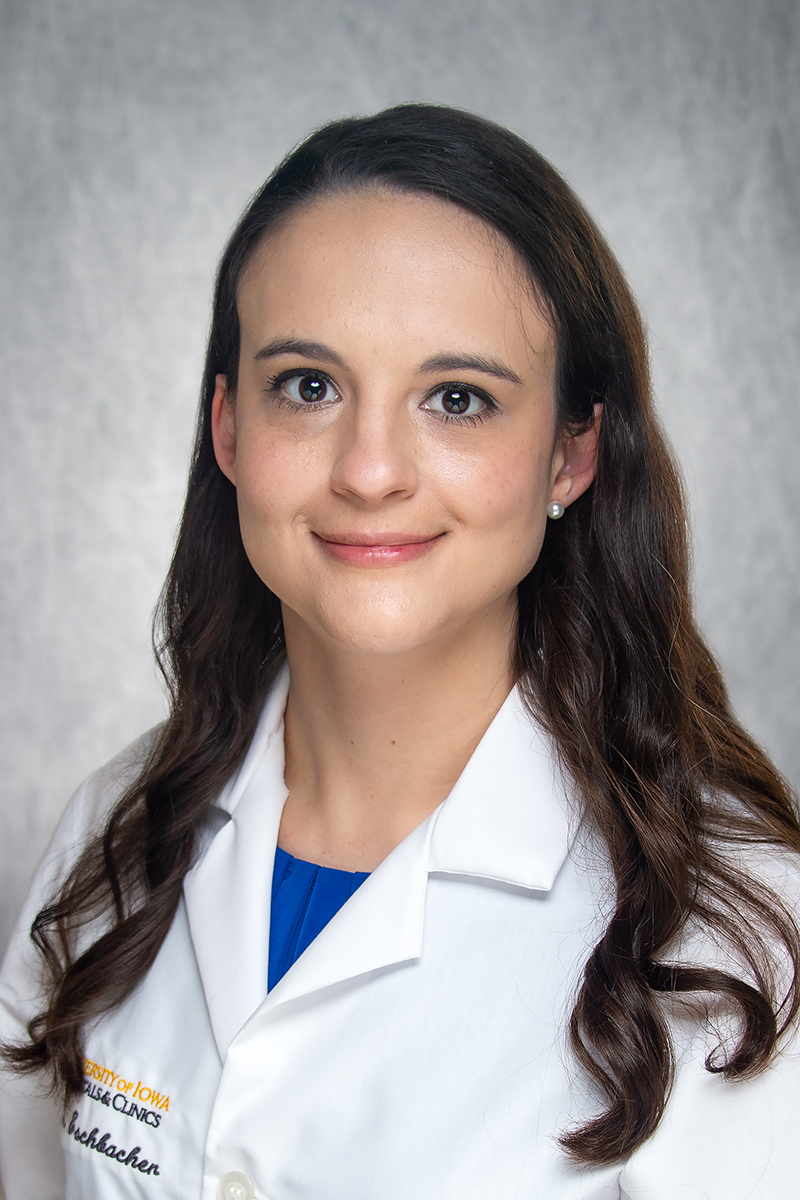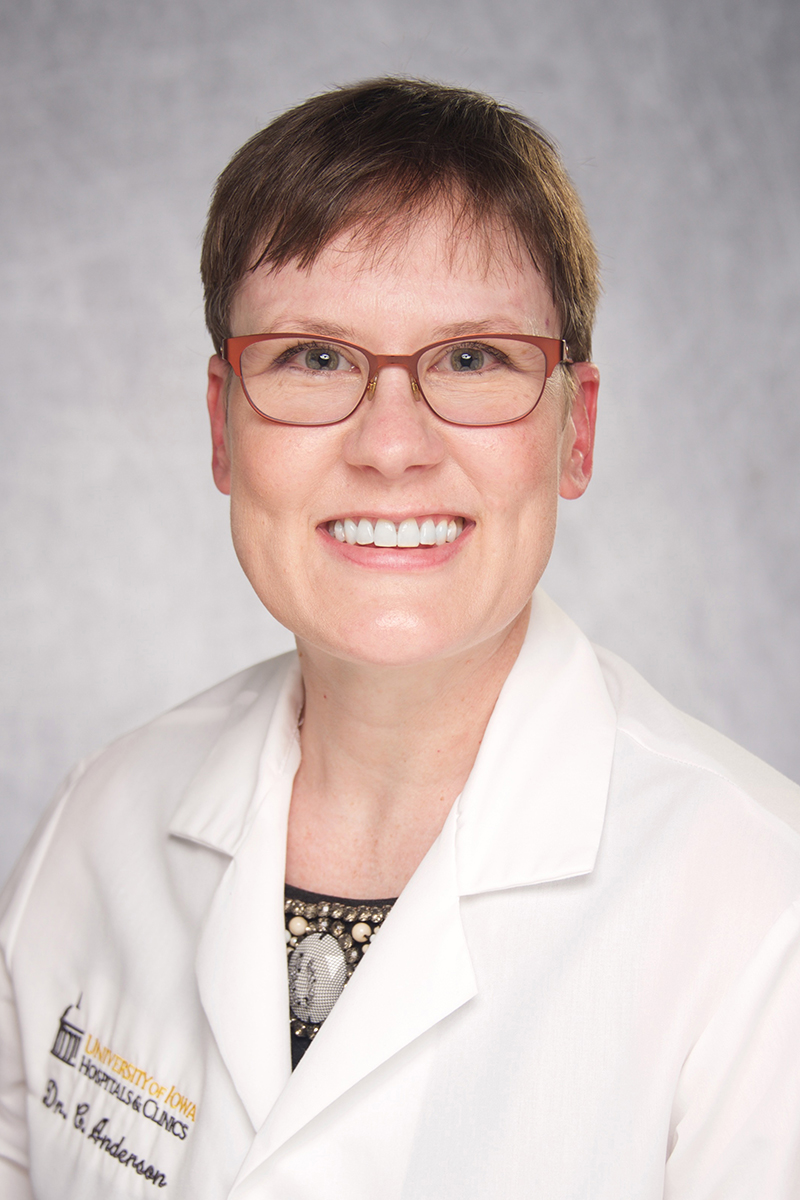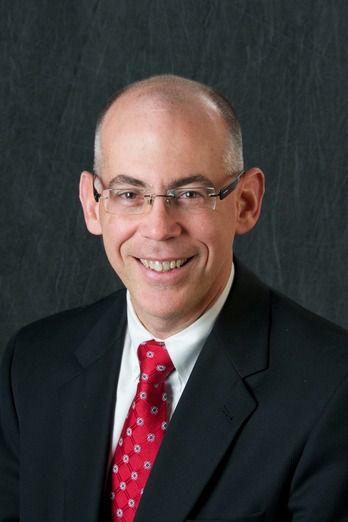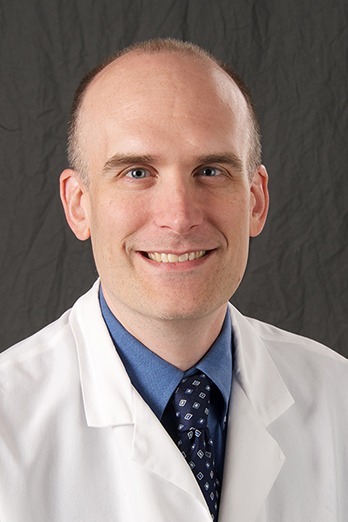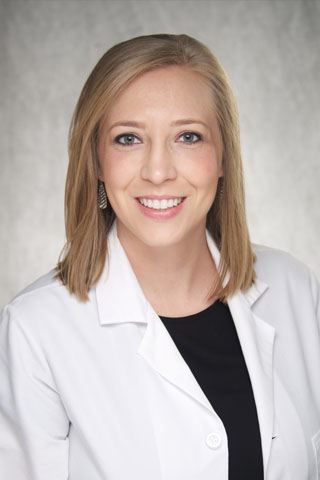Frequent morning headaches may be a symptom of brain cancer.
There are many different types of brain cancer, and some symptoms, like headaches, are common to many of them. Other signs of brain cancer include:
- Nausea
- Problems with walking or balance
- Difficulty thinking or remembering things
- Problems with talking or hearing
- Blurry vision
- Unusual changes in behavior
- Seizures
Having these symptoms doesn’t mean you have brain cancer. But you should discuss them with your doctor.
Learn more about brain cancer, who gets it, and how it’s treated.
- The cause of brain cancer and the reasons people get it are not known.
-
Doctors don’t understand what causes most cases of brain cancer. Some people fear that cell phones and other electronic devices used on or near the head could increase their risk for getting brain cancer, but no scientific studies have found any increased risk of brain cancer for people who use these devices.
- Brain cancer is a tumor in the brain.
-
Brain tumors are called either primary or metastatic.
- Primary brain tumors begin in the brain and tend to stay in the brain. They are most common in children and older adults.
- Metastatic brain tumors start as a cancer somewhere else in the body and spread to the brain. They are more common in adults.
Primary brain tumors include:
- Glioma
- Meningioma
- Acoustic neuroma
- Medulloblastoma
- Pituitary adenoma
- Primitive neuroectodermal tumor (PNET)
- Many kinds of cancer can spread to the brain.
-
The cancers that spread most often to the brain are breast cancer, colon cancer, kidney cancer, lung cancer, and melanoma.
In cases where cancer has spread to the brain from other primary sites, our multidisciplinary teams work together to treat primary sites as well as places where the cancer has spread.
- Surgery is often the treatment most likely to cure brain cancer.
-
Treatments for brain cancer depend on the age and health of the patient as well as the type of tumor the patient has.
Many tumors can be cured with surgery, but if the cancer has grown and spread, or the patient is not healthy enough for the surgery, other treatments, like chemotherapy or radiation therapy, also may be used.
At Holden, every brain cancer patient is treated by a team of brain cancer experts.
Most brain cancer patients require more than one form of treatment. Your team will meet regularly to discuss the best treatments and create a personalized plan for you. The team includes medical oncologists, radiation oncologists, genetic counselors, pathologists, pediatric oncologists, pharmacists, nurses, and laboratory-based scientists.
Holden also offers you:
- Specialists who focus on brain cancer: Our doctors are experts at working together to treat brain cancer. They understand every aspect of the disease, and they know about the most recent treatment options, from chemotherapy to radiation therapy to surgery.
- Innovative clinical trials: We offer our patients the latest breakthrough treatment methods and therapies before they’re widely available on the market.
Holden researchers also are actively involved in cutting-edge studies funded by the National Cancer Institute that are testing new ways to treat brain cancer.
One study is evaluating adding high doses of Vitamin C to standard cancer treatments for glioblastoma multiforme (GBM), an aggressive type of brain cancer.
You will be treated by a team dedicated to brain cancer.
Neurosurgeons
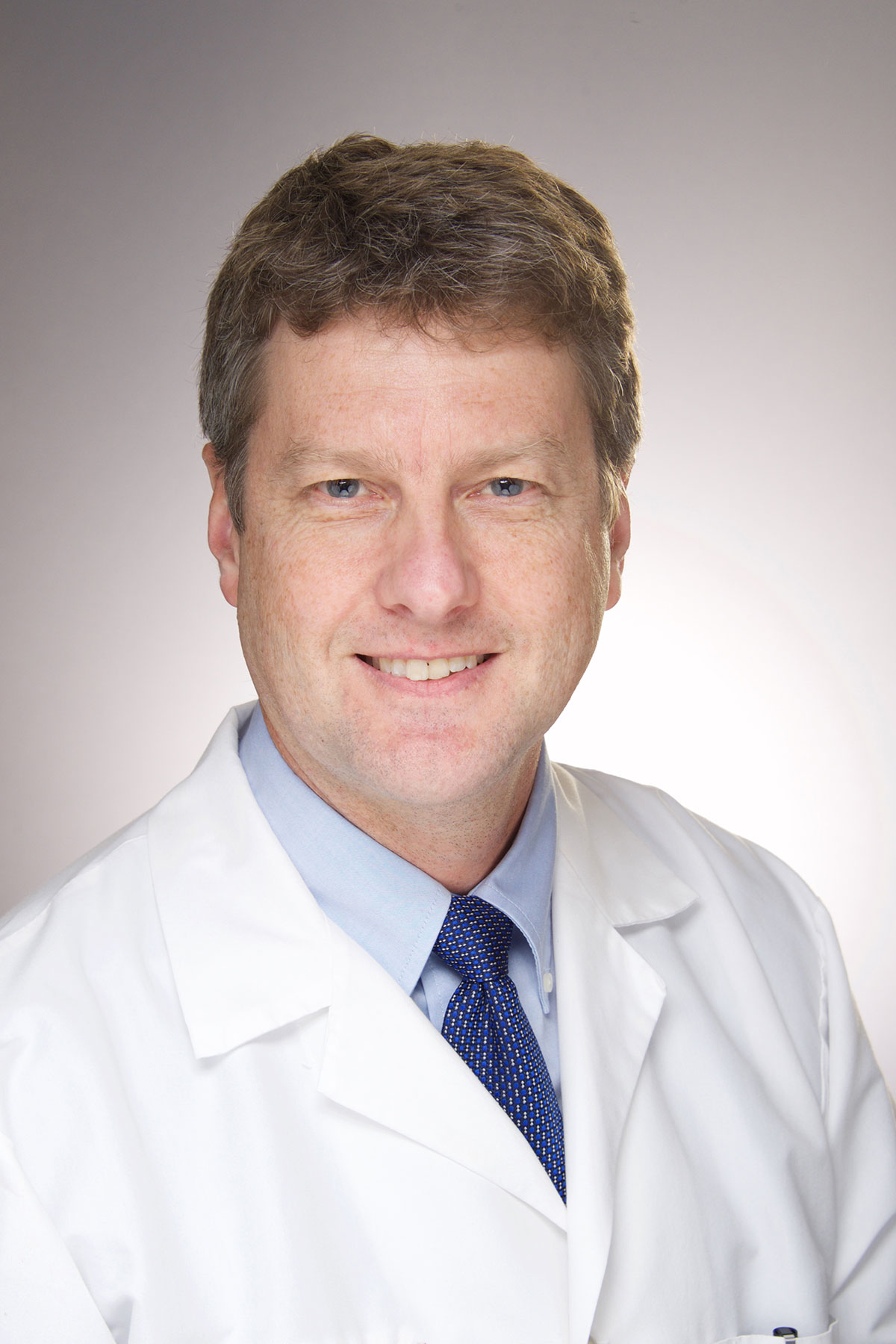
Jeremy D. Greenlee, MD
- Professor
- Residency Program Director
- Vice Chairman
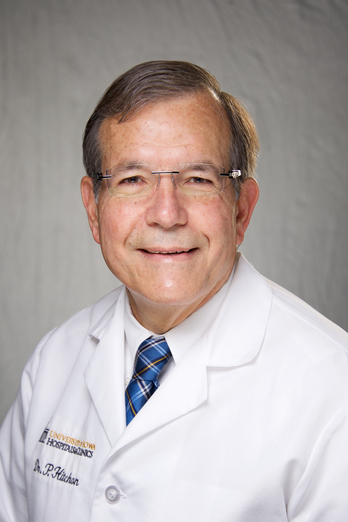
Patrick W. Hitchon, MD
- Professor
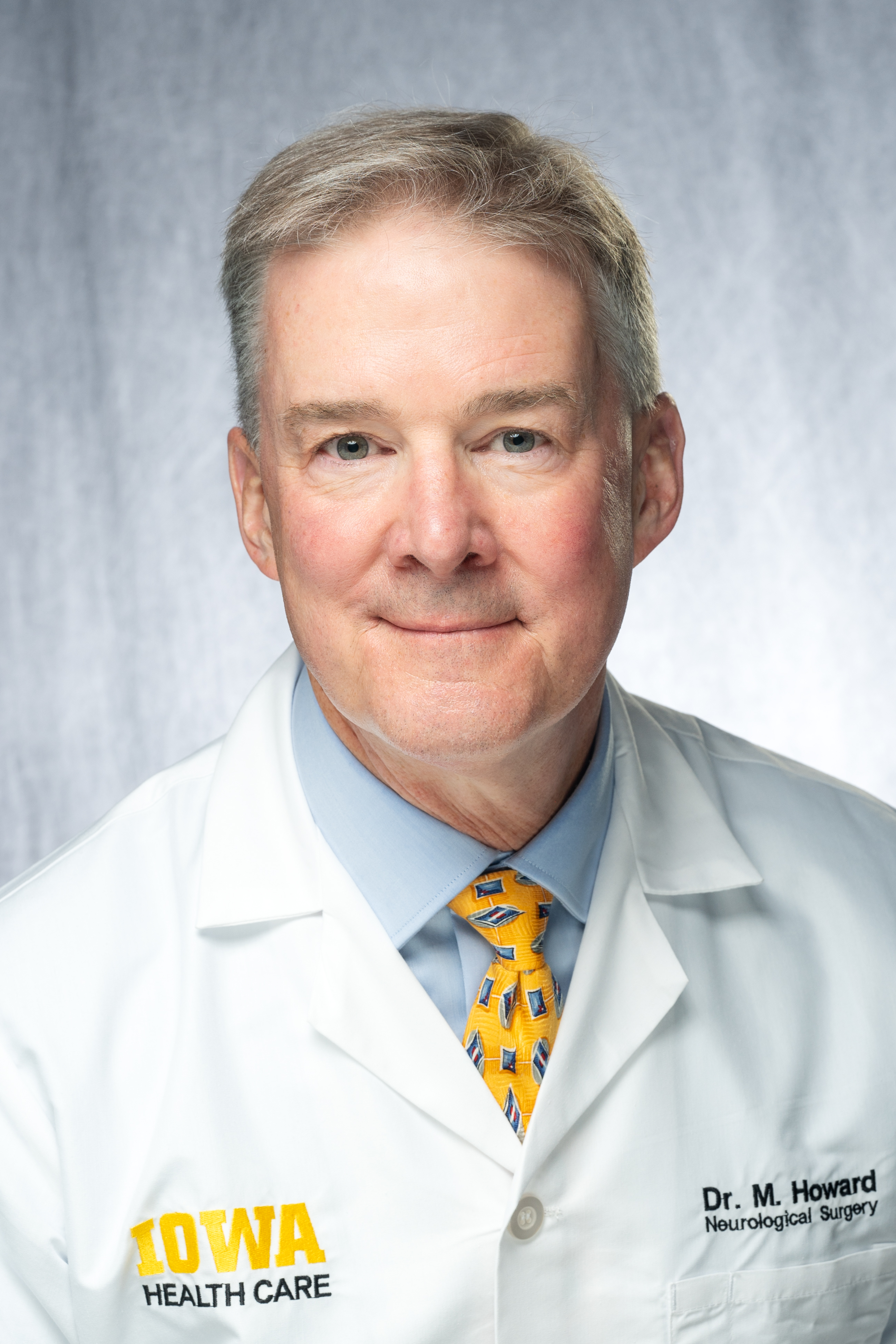
Matthew A. Howard, MD
- Professor
- Department of Neurosurgery Chair and DEO
- John C. VanGilder Chair in Neurosurgery
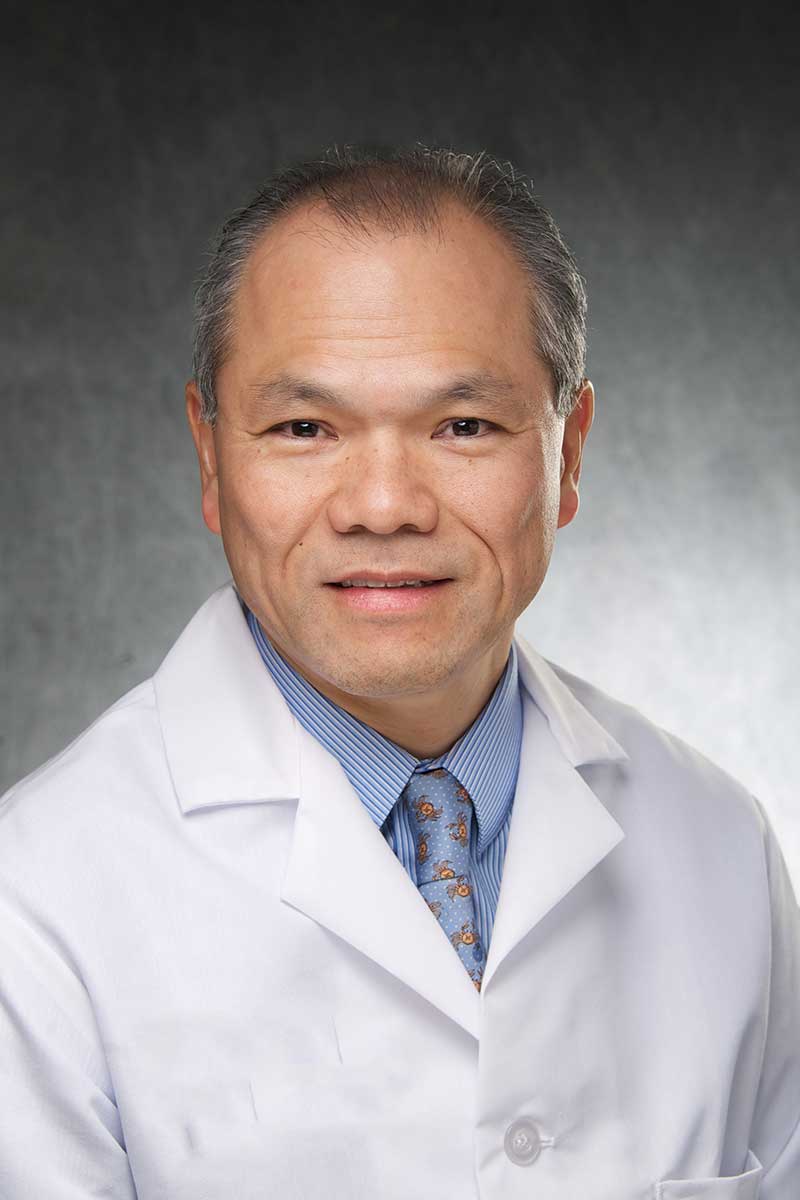
Hiroto Kawasaki, MD, PhD
- Professor
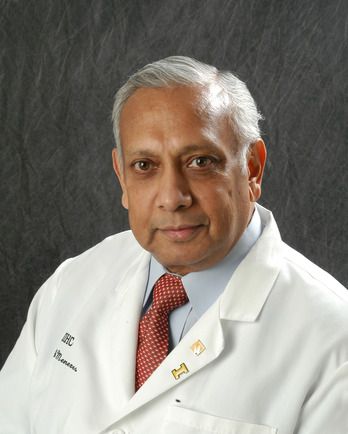
Arnold H. Menezes, MD
- Professor
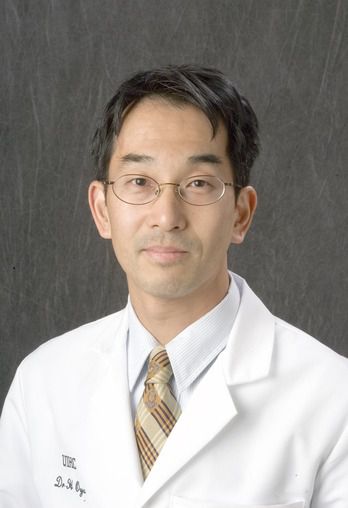
Hiroyuki Oya, MD, PhD
- Professor
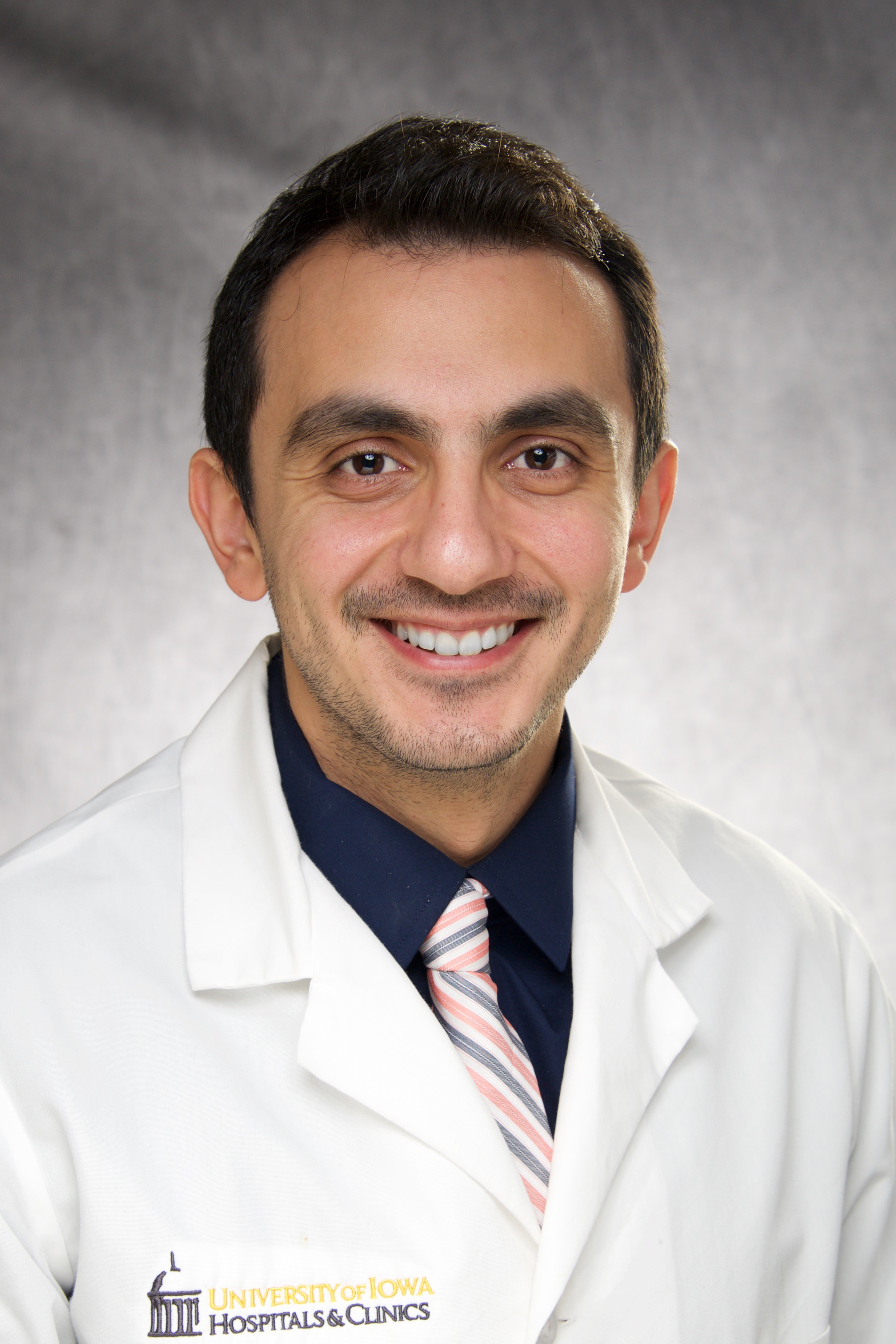
Mario Zanaty, MD
- Assistant Professor
Internal Medicine Physicians
Pathology Physicians
Radiation Oncology Physicians
Physician Assistants
Medical Oncologists
Cancer Care Clinics
Clinical Cancer Center
21602 Pomerantz Family Pavilion (PFP)Elevator M, Level 1
Phone: 1-319-356-4200

